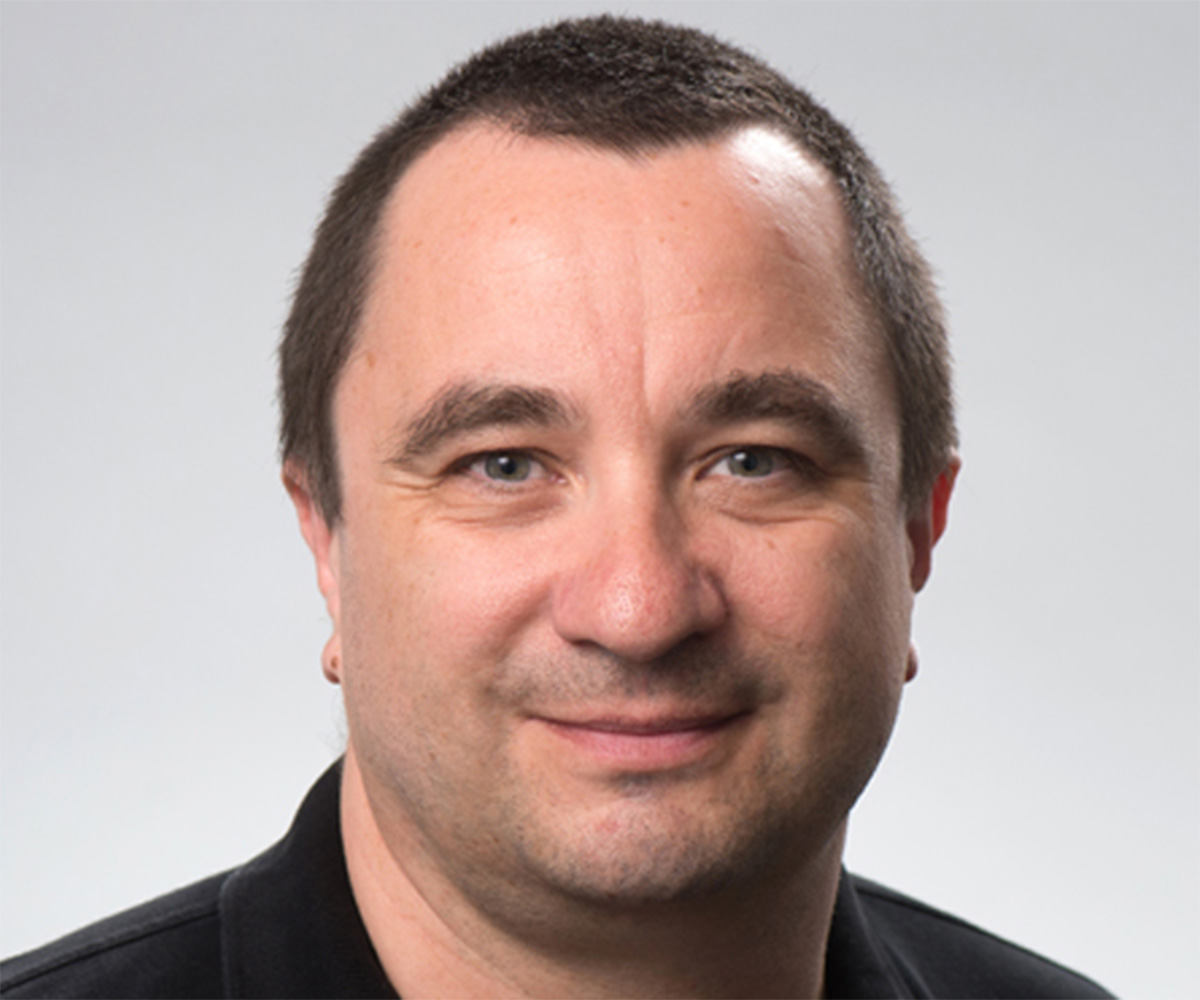


Researchers led by Ludwig Lausanne’s Alexandre Harari and Rémy Pétremand reported in a May paper in Nature Biotechnology a powerful computational tool for identifying the most potent tumor-infiltrating T lymphocytes (TILs) for use in personalized cancer immunotherapies. Cellular immunotherapies of this kind involve extracting immune cells from a patient’s tumor, optionally engineering them to better combat cancer and reintroducing them to the body after they’ve been expanded in culture. But only some TILs actually kill cancer cells, and even fewer do so effectively. The tool developed by Alexandre, Rémy and colleagues to identify the best T cell receptors (TCRs) for the job, MixTRTpred, combines an AI-driven predictive model called TRTpred that can rank TCRs based on their tumor reactivity with two other algorithms developed by Ludwig Lausanne’s Vincent Zoete. One predicts which of these TILs’ TCRs bind most strongly to tumor antigens and the other helps maximize the diversity of targeted antigens. To validate their tool, the researchers cultivated human tumors in mice, extracted TCRs from their TILs and applied MixTRTpred to optimize their selection of TCRs. They then engineered T cells from the mice to express those TCRs and showed that these cells could eliminate tumors when transferred back into the mice.
Identification of clinically relevant T cell receptors for personalized T cell therapy using combinatorial algorithms
Nature Biotechnology, 2024 May 7